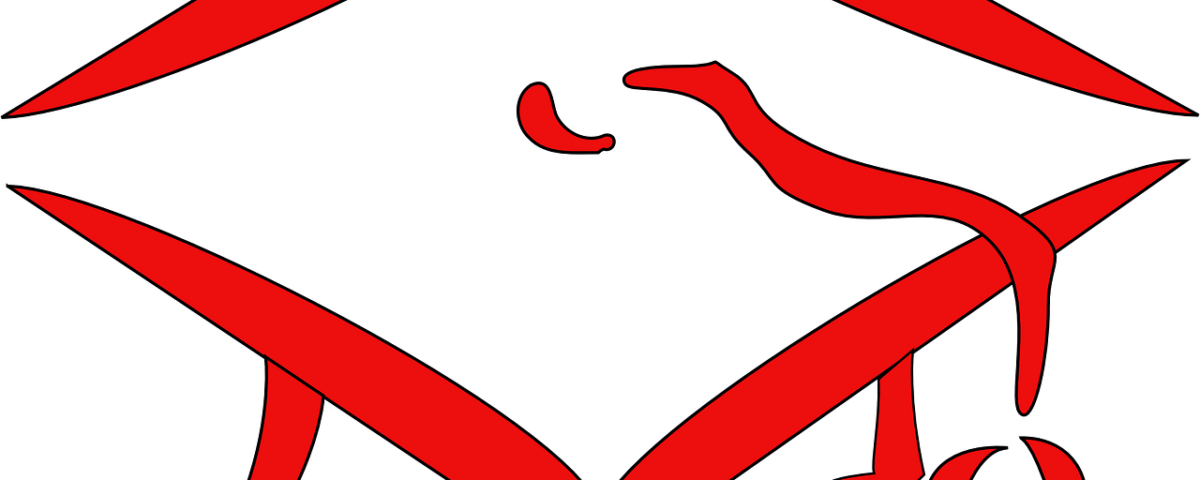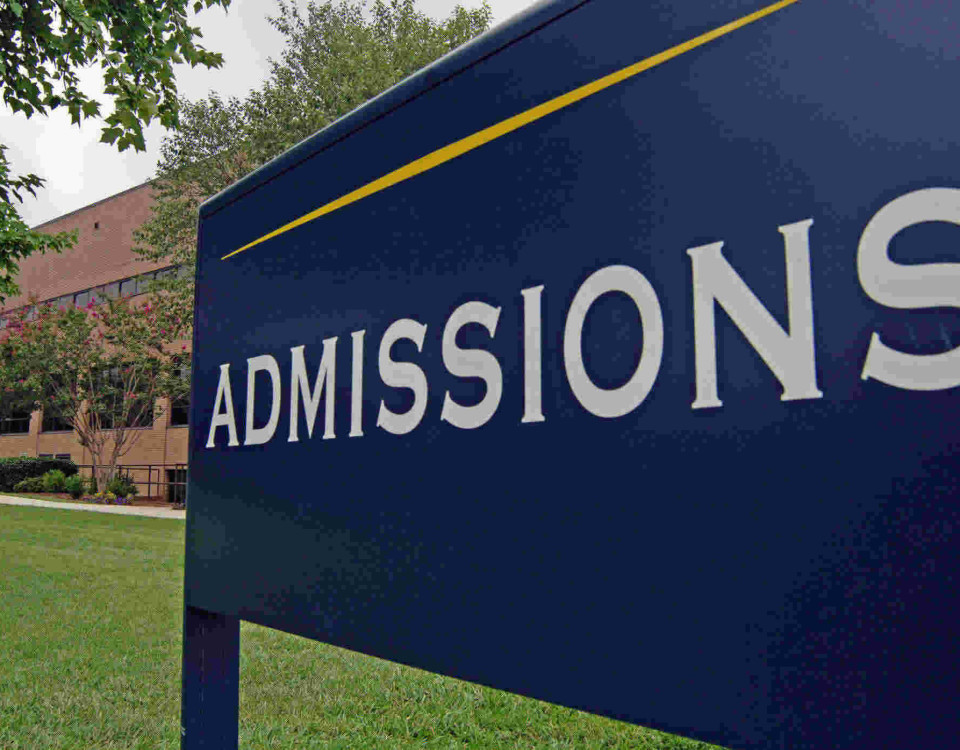Curriculum / Syllabus / Prescribed Courses for Masters level Entrance exam for Institute of Engineering (IOE) Pulchowk Campus, Tribhuvan University (TU), Nepal. Entrance Examination for Electrical Engineering (EE) will be of a single paper of 2 hours duration consisting of two sections:
- Section- A: It common to all streams, consisting of 45 questions of 50 marks.
- Section-B: This section consists of stream specialized course with 50 nos. of questions of 1 mark each. Each question will be of objective type with multiple choice answers and 10% negative marking for each wrong answer
The Section-A syllabus which common for all streams for Masters level Entrance Exam in Institute of Engineering (IOE) Pulchowk Campus can be accessed from IOE M.Sc Entrance Syllabus.
Section-B
Electrical Engineering (EE) [50 ×1]
- Basic Electrical Circuits (10)
- Circuit fundamentals: Series & parallel circuits, circuit elements, independent & dependent sources, Ohms law, Krichoff’s Voltage & Current Laws
- Network Theorems: Thevenin’s, Nortan’s, Maximum power & Reciprocity Theorems
- AC circuits:Concept of complex impedance, Phasor diagram, Active, Reactive & Apparent power, Resonance in AC circuits
- Three phase circuits: Phase & line quantities in three phase system, 3-phase power
- Transient response: Transient response analysis for R-L, R-C & R-L-C circuits. Pole zero plots
- Two port Networks: Z -parameters, Y-parameters & ABCD-parameters
- Electrical Machines (10)
- Electromagnets: Magnetic circuits, Fleming’s Right hand & Left hand rules, Farady’s Law of electromagnetic induction, Electromechanical energy conversion principle
- Transformers: Equivalent circuits, Phasor diagrams, Losses & efficiency, Voltage regulations, Instrument transformers, three phase transformer connections, parallel operation of Transformers
- Synchronous m/c: Operating principle, Effect of excitation, Power angle characteristic, Phasor diagrams, Losses & efficiency, Voltage regulations, parallel operation of alternator
- Induction machine: Operating principle, T-S Characteristics, Losses and efficiency, Testing, Starting methods, Speed control
- DC generator: Construction, Operating principle and characteristics of different types dc generator
- DC motor:Operating principle, Characteristics of different types dc motor, Speed control and starter
- Power Systems (20)
- Transmission line: Line parameters, per unit system representation, single line diagrams, short, medium & long lines, efficiency & regulations, Transmission line design: selection of voltage, conductor, sag calculation, stringing chart, line insulators and string efficiency
- Distribution system: Radial and loop distribution, Rural and Urban Distribution system
- Economics of Generation: Load curve, Load duration curve, Diversity factor, Load factor, loss of load factor, tariff schemes
- Load flow: Bus classification, Y-bus formation, and Basic formulation of load flow problems
- Stability studies: Real and reactive power flow through transmission line, Steady state & transient stability limits
- Fault calculations: Symmetrical faults in power systems, grounded & ungrounded systems, over voltages in transmission lines, surge arrestors
- Over voltage in transmission line: Power frequency lightening and switching over voltages, surge arresters Relays and circuit breakers
- Protection equipment:Protection schemes: Over current, earth fault, differential & distance protection schemes
- Power control: Load -frequency control, VAR-Volt control
- Safety Engineering: Electric shocks, Equipment Earthing
- Basics Electronics (10)
- Two terminal devices: Diode, Zener diode
- Transistor: BJT, FET, JFET, MOSFET
- Operational amplifier: Feedback, Summing, Integrator, Differentiator
- Logic circuits: Binary system, Truth tables, Logic gates
- Power Electronics: Thyristers, GTO, TRAIC, Rectifier, Inverter




